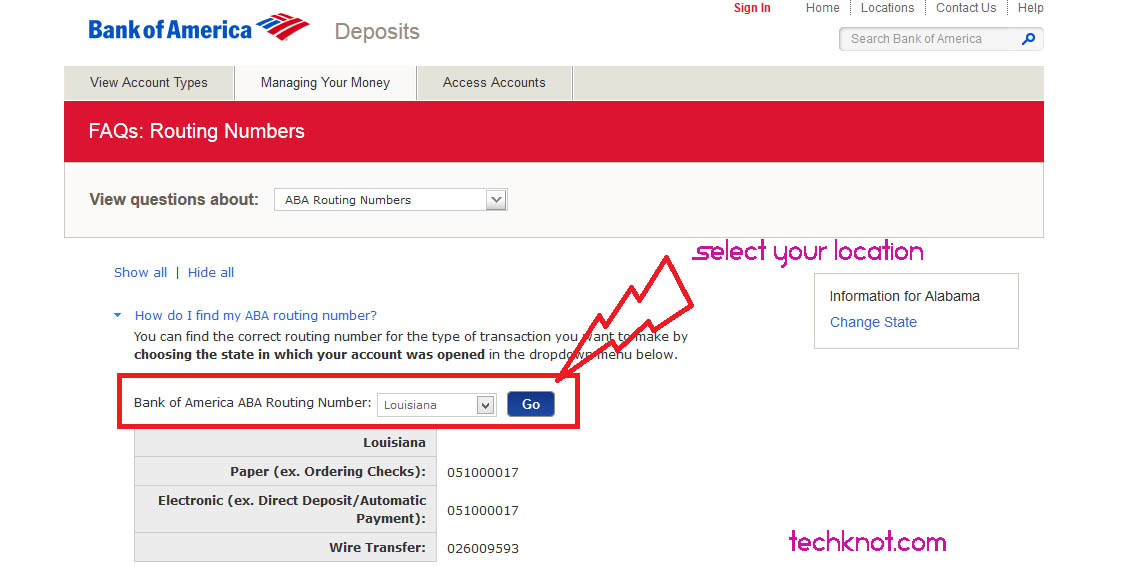Decoding Your Cheque: A Guide to Finding Your Transit Number
In today's fast-paced digital world, cheques might seem like relics of the past. Yet, they remain a surprisingly common method for various transactions, from paying rent to receiving refunds. Understanding the anatomy of a cheque, particularly identifying key elements like the transit number, is crucial for smooth financial operations.
So, what exactly is this elusive transit number, and why is it so important? Simply put, the transit number is a crucial piece of information that identifies the financial institution (your bank) associated with the cheque. It acts as a sort of address for your bank, allowing other banks to correctly route the funds during transactions.
Locating the transit number can sometimes feel like searching for a needle in a haystack, especially on those compact cheques. However, with a little guidance, identifying this critical number becomes incredibly simple. This guide will provide you with a clear, concise roadmap to effortlessly pinpoint the transit number on your cheque, empowering you to manage your finances with confidence.
Imagine attempting to send a letter without a proper address – it would likely end up lost in the mail system. Similarly, without the correct transit number, electronic cheque processing would grind to a halt. This number, along with the institution number, ensures that funds are transferred accurately and efficiently between banks.
Knowing where to find your transit number is essential for several reasons, including setting up direct deposits, making online bill payments, and even verifying your banking information. This seemingly small detail plays a pivotal role in the seamless flow of your financial transactions, making it an important piece of knowledge for anyone who uses cheques.
The transit number, alongside the institution number, forms a key part of the cheque clearing process. Historically, cheques were physically transported between banks. Today, the process is largely electronic, with these numbers acting as digital identifiers, guiding the electronic transfer of funds. Misreading or omitting the transit number can lead to delays, returned cheques, and potential fees.
The transit number is typically a five-digit number found on the bottom left corner of your cheque, often printed next to or below the institution number (a three-digit code representing your bank). It's usually found within a series of numbers encoded using magnetic ink character recognition (MICR), allowing for efficient processing by machines.
Benefits of knowing how to locate your transit number:
1. Seamless Direct Deposits: Quickly and easily set up direct deposit for your payroll, government benefits, or other recurring payments by providing the correct transit and institution numbers.
2. Effortless Online Bill Payments: Pay your bills online without hassle by using your transit and institution numbers to link your bank account to the payment platform.
3. Accurate Banking Information Verification: Ensure you have the correct banking details when providing information for various financial services or transactions.
Step-by-step guide to finding your transit number:
1. Look at the bottom of your cheque.
2. Locate the string of numbers printed in magnetic ink.
3. The five-digit number following the three-digit institution number is your transit number.
Frequently Asked Questions:
1. What if my cheque doesn't have a transit number? Contact your bank.
2. Is the transit number the same as the routing number? No, these are distinct numbers.
3. Can I find my transit number online? Yes, usually through your online banking portal.
4. What if I enter the wrong transit number? The transaction may be rejected or delayed.
5. Is the transit number the same for all branches of my bank? Not necessarily. It can vary by branch.
6. How is the transit number used in international transactions? Different systems are used for international transactions.
7. Why are these numbers printed in special ink? It allows machines to easily read the information.
8. What should I do if my cheque is damaged and I can't read the transit number? Contact your bank for a replacement cheque.
Tips for locating your transit number:
Use a magnifying glass if the numbers are small. Check your bank statement for pre-printed deposit slips, which usually contain the transit and institution numbers.
In conclusion, understanding how to locate your transit number on a cheque is a fundamental aspect of managing your finances effectively. This seemingly small detail plays a crucial role in ensuring the smooth processing of your transactions, from direct deposits to online bill payments. While digital banking becomes increasingly prevalent, cheques still hold their place in the financial landscape. By mastering this simple skill, you empower yourself to navigate your finances with confidence and avoid potential delays or complications. Taking the time to familiarize yourself with the layout of your cheque and the location of key information, such as the transit number, can save you valuable time and effort in the long run. This knowledge allows for seamless and efficient financial transactions, ultimately contributing to better financial management. So, next time you handle a cheque, take a moment to locate that crucial transit number – it's a small step that can make a big difference in your financial life.
Unraveling the mystery the significance of elizabeth pena crime scene investigation
Engaging sunday school lessons for kids 8 13 a guide for teachers
Handling hydrochloric acid safely mixing with water













